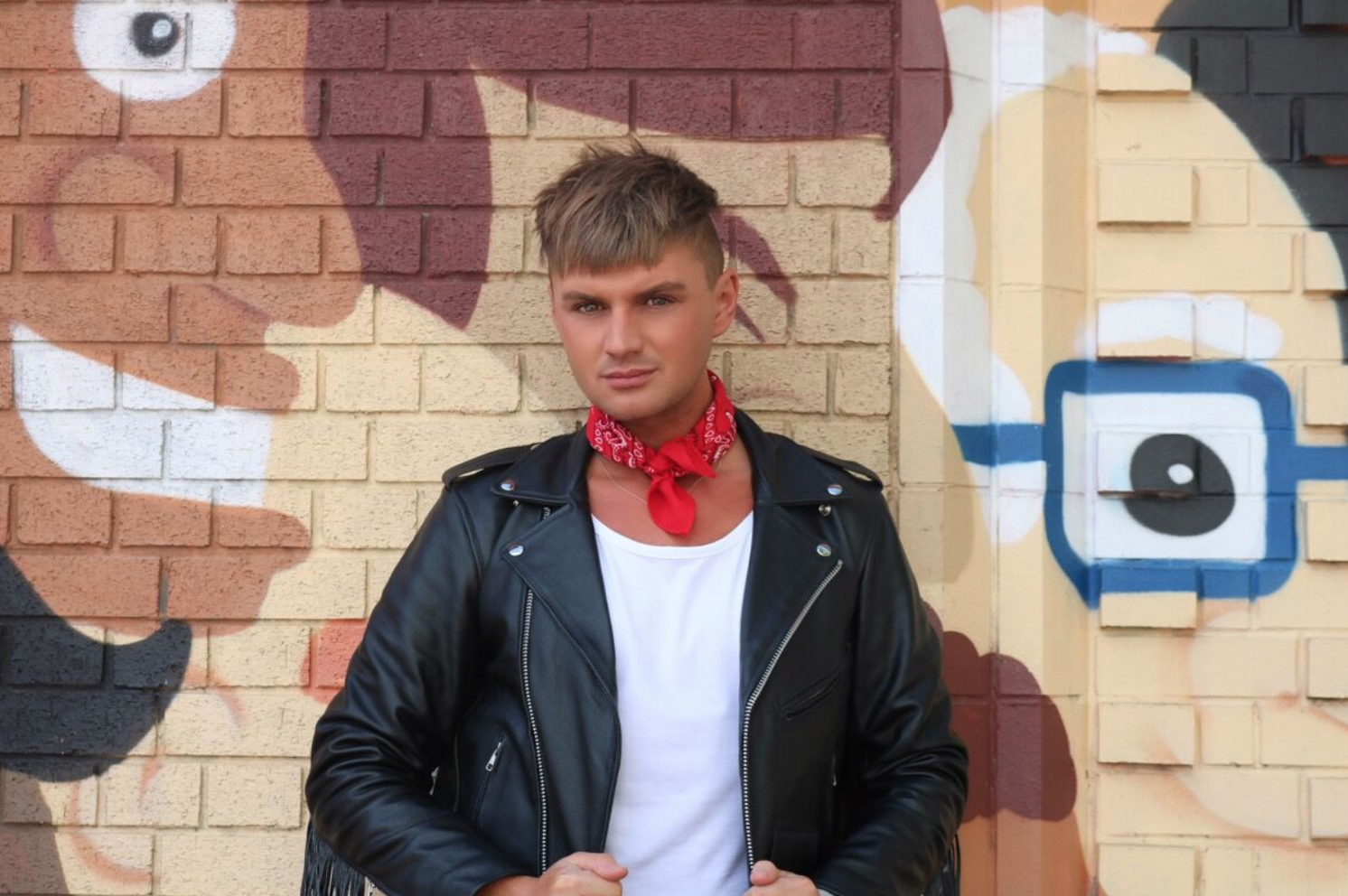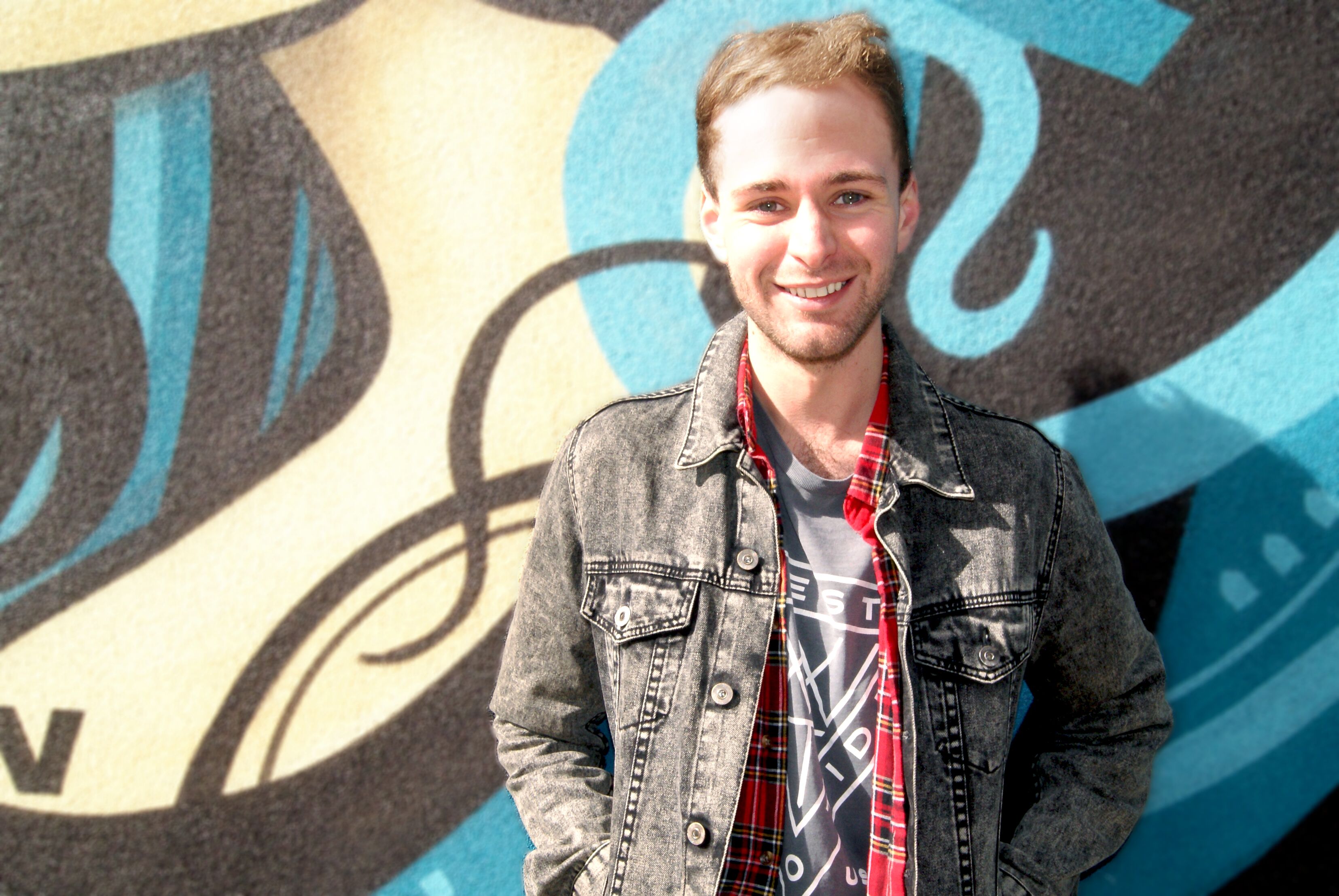Local Radio in the UK Is Getting Gayer
Credit to Author: Nick Levine| Date: Tue, 02 Apr 2019 11:27:20 +0000
What’s your go-to destination for real-life LGBTQ stories? A queer-focused news site like PinkNews? Netflix’s “LGBTQ Documentaries” section? Your own social media feeds?
All of those options seem more likely than this one: BBC Local Radio. But in certain parts of the UK, the airwaves are getting gayer, thanks to the 40-station network’s commitment to introducing new, more inclusive, community-focused evening shows.
“The new evening shows were launched as part of our ongoing plans to reinvent BBC Local Radio,” the corporation’s Head of Local Radio, Chris Burns, tells me. “The shows aim to bring new talent to the BBC and feature subjects and music targeted at younger audiences. Some stations have decided to include programming that focuses on LGBTQ content, as we know this is something that resonates with younger listeners. In a recent YouGov survey, only 51 percent of 18 to 24-year-olds identified as heterosexual, and they talked about the boundaries of sexual orientation and gender identity being more blurred.”
One of these new shows is BBC Radio Leeds’ The Scene, which – since September – has been aiming to “celebrate LGBT+ life in West Yorkshire” every Thursday night from 7PM. The Scene began as a two-hour show mixing “fresh and relevant” interviews and discussion with chart-friendly pop songs from the likes of Ariana Grande, Lizzo and Troye Sivan, but became so popular that it’s now been extended to three hours.

Its creator and presenter, 28-year-old BBC Radio Leeds journalist Oly Woodcock, tells me that “the whole point of the show is to better reflect people from all walks of life, including different races and sexualities”. He says the show is targeted at LGBTQ people in West Yorkshire, but designed to be accessible to listeners of any sexuality.
“We’re bringing a light to LGBTQ issues in an open and honest way, and representing a community that can at times be ignored by other mainstream media,” he says. “We’ve had guests on from all the way across the LGBTQ spectrum, and discussed everything from mental health to coming out. I’ve had so many tweets from people saying, ‘What?! I can’t believe the BBC actually has a show like this!’ And I reply saying: ‘Yes – and it’s one of the biggest evening shows on the station!'”
On BBC Radio Gloucestershire, 24-year-old Jon Smith has been hosting a weekday evening show focusing on “unheard voices and amazing stories” since October. Smith’s show doesn’t only tell LGBTQ stories, but he says they’re a key part of its output: he’s welcomed everyone from the founder of a gay women’s group in Cheltenham to the organisers of Stroud Pride.
“Just a couple of weeks ago we had a 15-year-old guy on the show who lives in Fairford in the Cotswolds, which is a very rural community,” says Smith. “He spoke about what it’s like growing up [gay] as a young teenager in the rural community, and coming out to his parents. He said his parents have been very supportive, but that he doesn’t feel as though he knows anyone else going through the same thing. It was really, really moving to hear that. I think if I’d heard something like that on my local radio station when I was growing up, maybe I would have felt a bit differently about my own sexuality. That’s the importance of telling these stories, I think.”

Both Woodcock and Smith say that telling LGBTQ stories on their evening shows is encouraging a rise in LGBTQ content and guests on their respective station’s more news-focused daytime shows. One of Woodcock’s most affecting and subsequently influential guests was a trans woman from a Leeds suburb who briefly halted her transition after being attacked with a knife in a transphobic hate crime.
“When we first met for a coffee, she was so scared – she thought I had an ulterior motive,” he recalls. “She couldn’t believe the BBC would have a programme where we wanted to talk to her about her experience. It took her a good 45 minutes over coffee to relax and actually speak openly to me. She then came on air and spoke about her experience, and about the importance of Trans Awareness Week and Hate Crime Week Awareness. It was such a moving interview that the breakfast show decided to use a segment from the interview the following morning, and she now contributes where she can to stories on the station. She’s told me that having this kind of platform on BBC Radio Leeds has actually helped her confidence within herself, which gives me such a sense of pride. Because as well as educating and entertaining, we should be giving different people the platform to have a voice.”
Shows such as Woodcock and Smith’s are still novel enough on BBC Local Radio to be noteworthy, but both presenters say they expect other stations to follow their lead. “Young people are growing up in a busy world, with social media and TV and everything else. But radio is still incredibly personal and you can get people hanging on every word if you talk about the right issues and ask the right questions. It lets us tell LGBTQ stories in a different, slightly more detailed way,” says Smith.
Whether there’s some kind of “queer directive” at the BBC or not, it does seem as though the corporation as a whole is seeking to improve its LGBTQ coverage in order to attract a younger audience. BBC Newsbeat – the BBC’s news platform for younger readers – has reported on everything from LGBT life in India to straight porn star-turned-gay icon Rebecca More. In December, Ben Hunte was named the corporation’s first ever LGBT Correspondent. And Sink the Pink co-founder Glyn Fussell has made a podcast called Drag Queens’ Den for Radio 1. “They’ve given me such free rein to represent the scene and be completely myself, and that feels so refreshing,” he tells me. “I mean, we even talk about rimming!”
Then again, for Woodcock, the suggestion that the BBC wouldn’t be telling LGBTQ stories in 2019 is almost ridiculous. “We’re here. We’re part of the community, and part of the UK, so why shouldn’t we hear stories and guests that are relevant to us?” he says matter-of-factly. Smith reckons it’s simply a part of public service broadcasting, saying: “We just want to create a safe space where people can come on and tell their stories. And hopefully that will connect with people and help to normalise LGBTQ people and people from any marginalised group.”
You can listen to the shows mentioned in this piece from anywhere in the UK on the BBC Sounds app.
This article originally appeared on VICE UK.